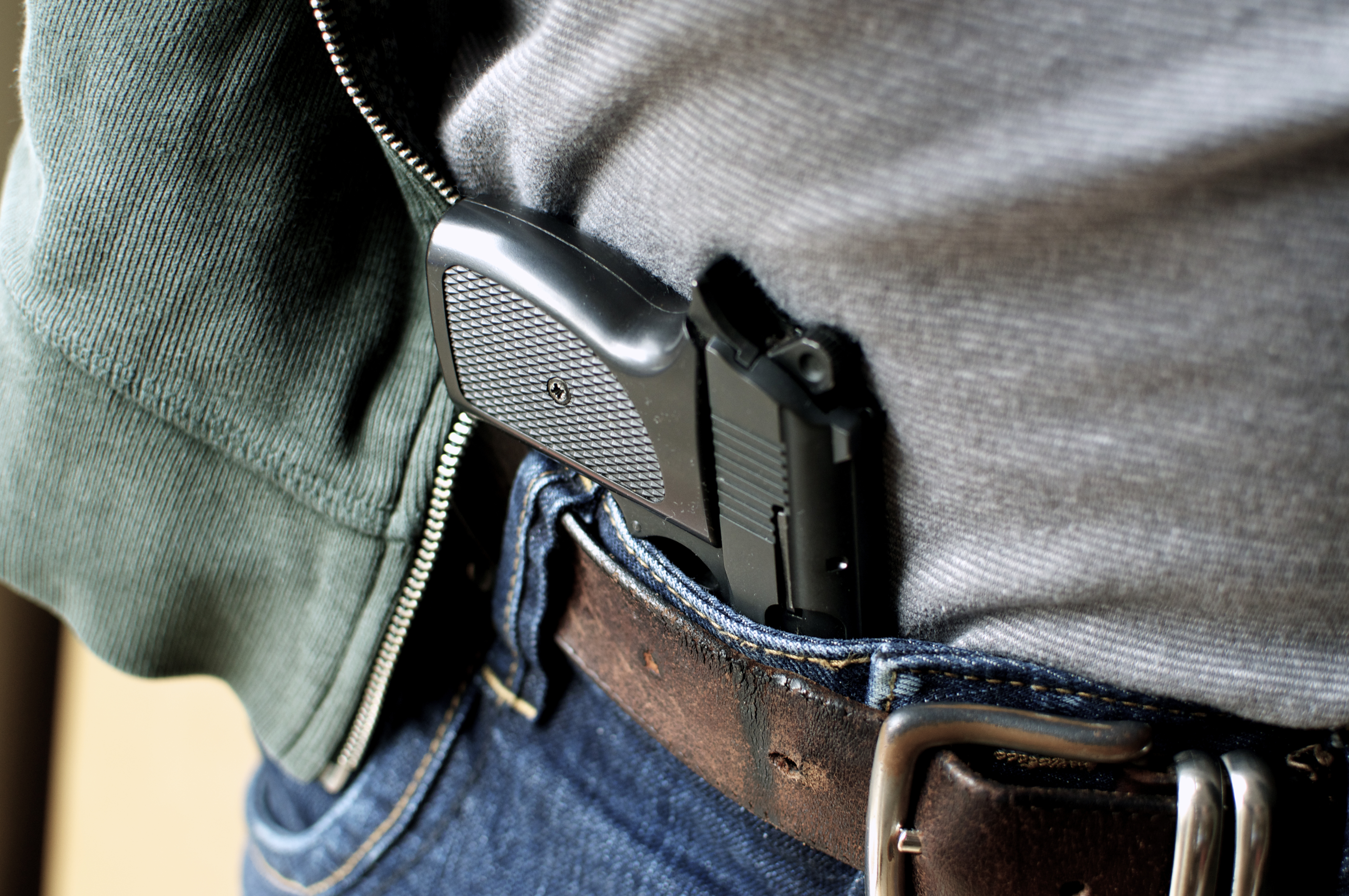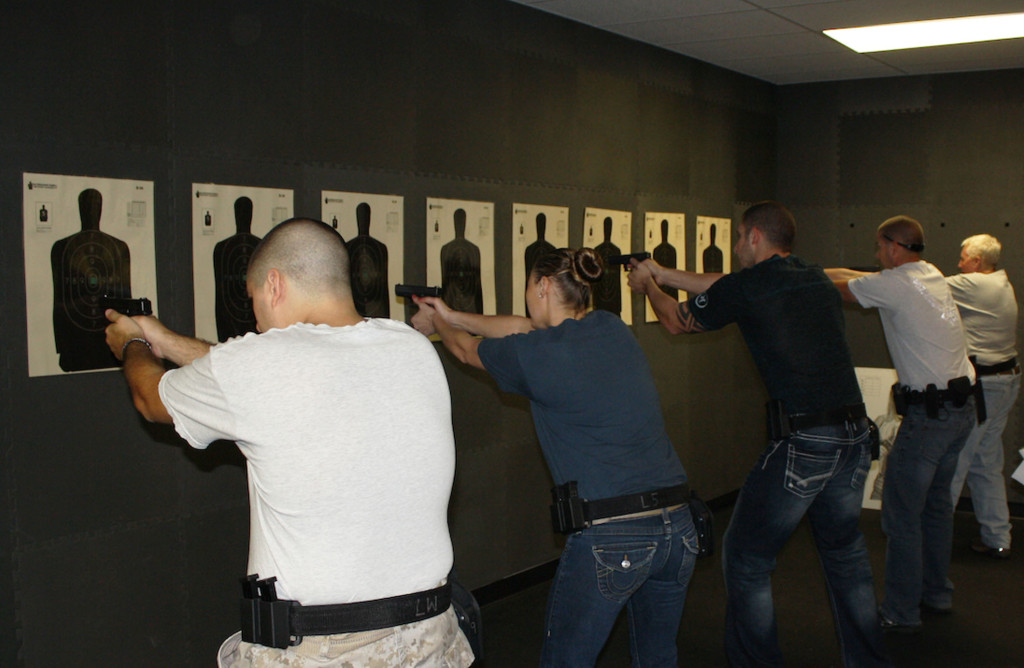


Canada and New Zealand do not require good reason for acquisition of most types of long guns but require for restricted weapons like handguns.

#MISSISSIPPI SECURITY GUARD FIREARMS PERMIT LICENSE#
For example, in Austria while law requires good reason to acquire license for handgun, self-defense at home is accepted as a good reason. Some countries allow firearm ownership without a good reason or with simple declaration of reason.Some countries including Austria, Liechtenstein and Switzerland are partially licensed meaning that any non-prohibited citizen can buy repeating rifles and break-action shotguns from licensed dealers and a permit is only required for handguns and semi-automatic firearms.states do not require any permit for acquisition of a majority of types of firearms, meaning that any non-prohibited person can buy them from licensed dealers. Those laws might be classified by countries according to some specific common characteristics: 6.12 United Kingdom (Except Northern Ireland)įirearms are not defined the same way in each country.Due to the global scope of this article, detailed coverage cannot be provided on all these matters the article will instead attempt to briefly summarize each country's weapon laws in regard to small arms use and ownership by civilians. There may be restrictions on the quantity or types of ammunition purchased, with certain types prohibited. It may also restrict firearm accessories, notably high-capacity magazines and sound suppressors. The legislation which restricts small arms may also restrict other weapons, such as explosives, crossbows, swords, electroshock weapons, air guns, and pepper spray. Those applying for a firearm license may have to demonstrate competence by completing a gun safety course and show provision for a secure location to store weapons. Firearm licenses may be denied to those felt most at risk of harming themselves or others, such as persons with a history of domestic violence, alcohol use disorder or substance use disorder, mental illness, depression, or attempted suicide. Persons restricted from legal access to firearms may include those below a certain age or having a criminal record. Gun laws are often enacted with the intention of reducing the use of small arms in criminal activity, specifying weapons perceived as being capable of inflicting the greatest damage and those most easily concealed, such as handguns and other short-barreled weapons. target shooting), self-defense, collecting, and concealed carry, with different sets of requirements, permissions, and responsibilities. There may be separate licenses for hunting, sport shooting ( a.k.a. Countries that regulate access to firearms will typically restrict access to certain categories of firearms and then restrict the categories of persons who may be granted a license for access to such firearms. Laws of some countries may afford civilians a right to keep and bear arms, and have more liberal gun laws than neighboring jurisdictions. Gun laws and policies (collectively referred to as firearms regulation or gun control) regulate the manufacture, sale, transfer, possession, modification and use of small arms by civilians. For other uses, see Gun Law (disambiguation). For a description of the concept, see Gun control.


 0 kommentar(er)
0 kommentar(er)
